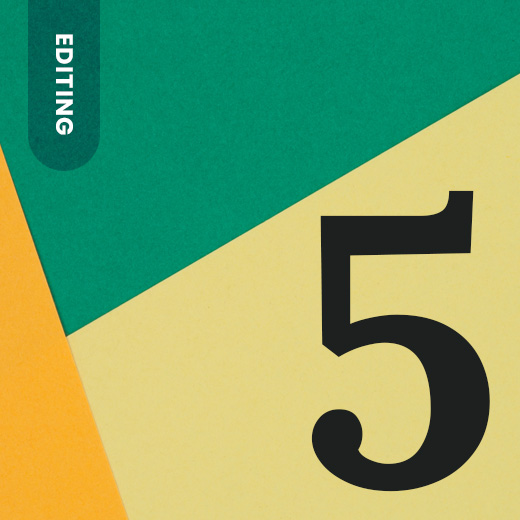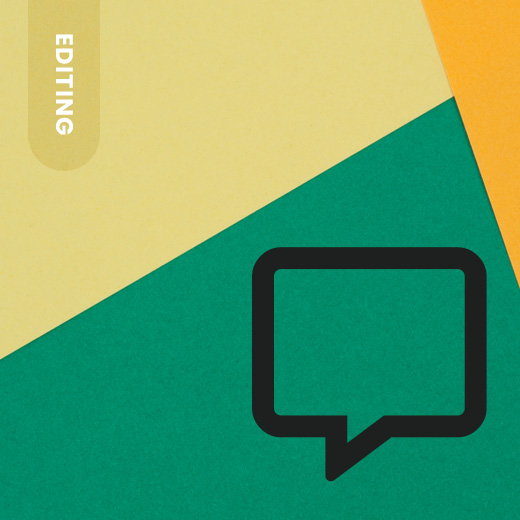5 Things to Know About Editing Before Submitting Your Manuscript or Publishing Your Book
The amount of refinement your manuscript needs depends on your publishing route. For fiction writers who are pursuing a traditional publishing path, a complete manuscript is often required before submitting to agents or publishers, though some final editing will happen after acceptance. For self-publishers, the manuscript needs to be fully polished and ready for readers unless you’re using an editorial service. Whichever publishing route you chose, here are five things to know about editing before submitting your manuscript or publishing your book.
Give yourself a break
Writing a book is an intense, all-consuming process. Once you’ve finished your manuscript, get away from it for a bit to clear your head. The amount of time you need between drafts will vary—some writers need a week, others a month. Use this time to work on something else or just chill out. When you come back with fresh eyes, you’ll see your manuscript in a new light and be ready to make revisions with renewed energy and objectivity.
Get feedback from others
Though writing is a solitary activity, finishing a manuscript means it’s time to bring in others. Getting feedback can be tough, but it’s essential to refine your work. Find people who are writers and familiar with your subject. Writer groups can be a great resource, providing feedback throughout your writing process. Alternatively, consider hiring a developmental editor who can look at the big picture of your book—structure, flow, and themes—before you get into the nitty-gritty. Even if you’re going the traditional publishing route, working with a developmental editor can help you have a more organized and impactful manuscript.
Know what it will take to do book marketing effectively even before you are done writing
Before submitting to a publisher or self-publishing, evaluate your manuscript from a marketing perspective. Research successful books in your genre—does your manuscript meet the typical word count, language, and plot expectations? Does it have something unique that will make it stand out? This is the time to position your book in the market while keeping its originality. Agents and publishers expect authors to have a marketing plan and platform in place, so thinking about how to market your book early will increase your chances of getting a contract and achieving commercial success.
Remove errors
Typos and grammatical errors will turn off agents, publishers, and readers. Once you’ve made major revisions to your manuscript, it’s time to get into the details. If you’re self-publishing, your manuscript must be error-free before submission. A reader may forgive a typo or two, but a book full of mistakes will be dismissed. Editing your own work is hard because you’ll overlook errors due to familiarity. Hiring a professional copyeditor is an investment worth making. Even if you’re going the traditional route, submitting a clean, error-free manuscript will increase your chances of acceptance, and remember, your query letter should be perfect.
Follow the guidelines
The last step in editing your manuscript is to format it for its intended audience. If you’re submitting to agents or publishers, follow their submission guidelines carefully, which will include instructions on formatting, what to include, and how to send it. Deviating from these guidelines will automatically result in your rejection. For self-publishing, make sure you follow the specifications of your service provider, printer, or distributor. Learn these details ahead of time and save yourself time and hassle later.

Don't let your manuscript sit idle
start your publishing journey now!
Get matched with a self-publishing company specifically chosen for you and the book you are publishing.
Don’t let your manuscript sit idle – start your publishing journey now!




